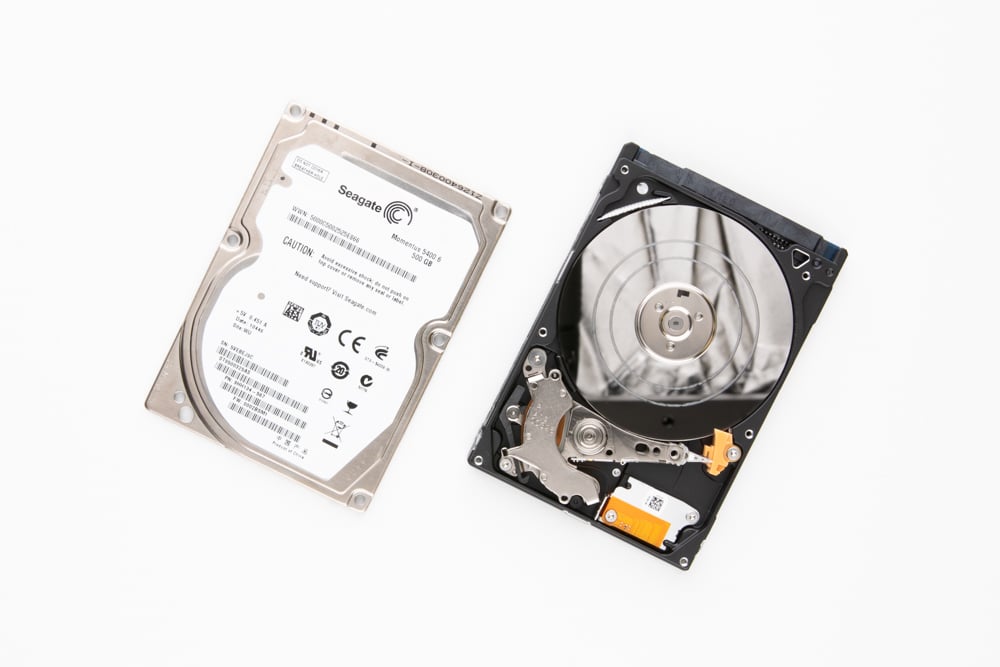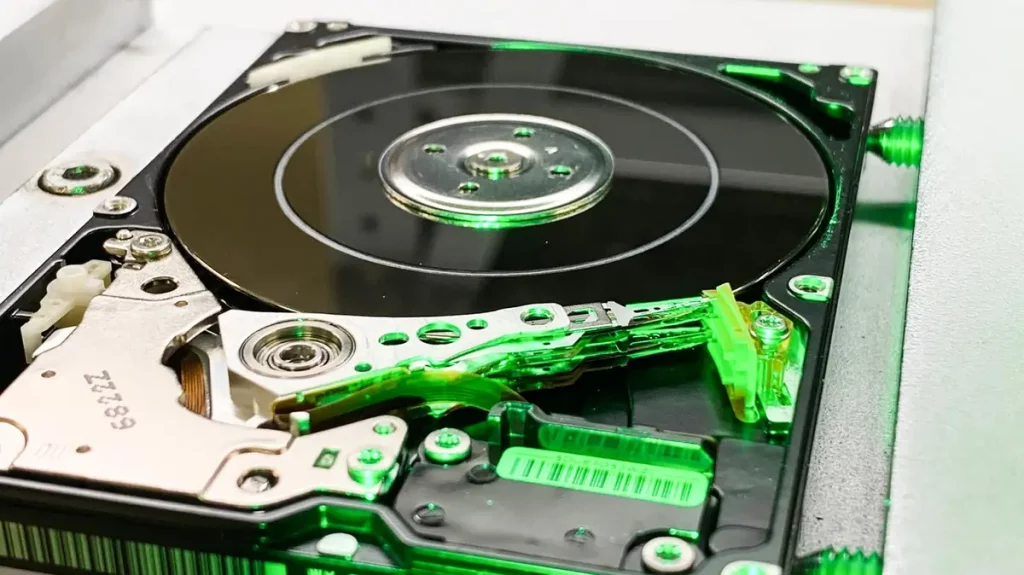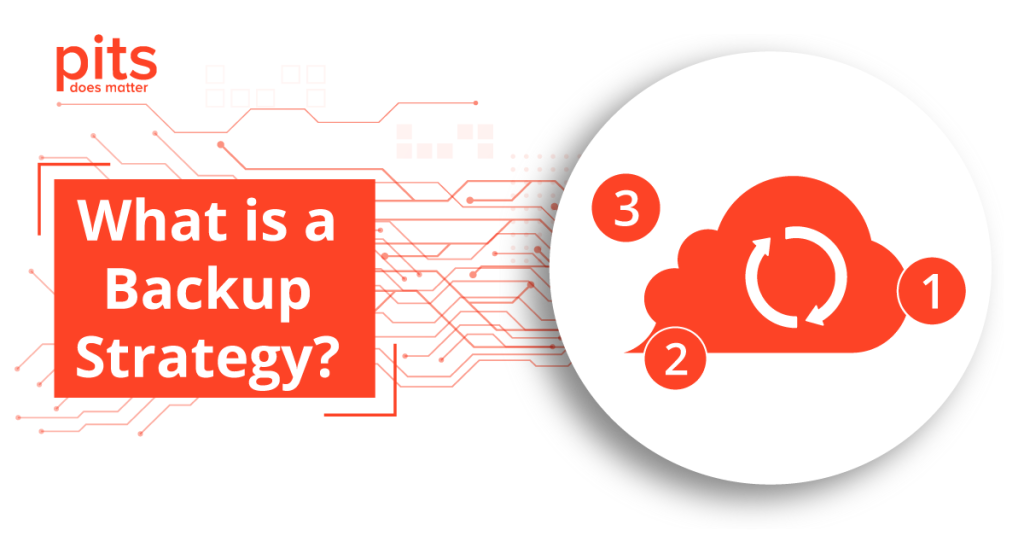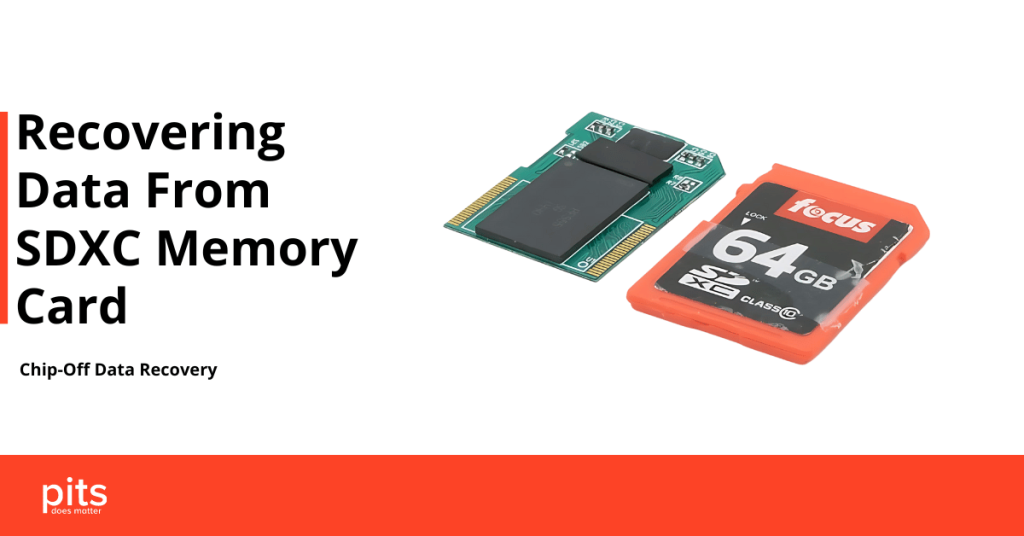Bad sectors on a disk symbolize parts of the storage device that cannot be read or written due to physical or logical damage. In the world of data storage, discovering a bad sector on a disk can cause concern. Bad sectors are small sections of a hard drive or solid-state drive (SSD) that have become damaged or malfunctioning, leading to potential data loss or system instability.
This blog post aims to illuminate bad sectors, their causes, potential consequences, and effective methods to deal with them. By understanding this issue, users can take appropriate measures to ensure the integrity and longevity of their storage devices.
What Are Bad Sectors?
Bad sectors are physical or logical defects on a disk that hinder its ability to read or write data accurately. A disk is divided into small units called sectors, typically containing 512 bytes of data.
When a sector becomes damaged, the affected portion may become unreadable or produce unreliable results. Bad sectors can occur on traditional hard disk drives (HDDs) and modern solid-state drives (SSDs), although the underlying causes differ.
There are two primary types of bad sectors: soft bad sectors and hard bad sectors. Soft bad sectors occur due to temporary errors, often caused by power failures, system crashes, or incorrect shutdown procedures. These sectors can sometimes be recovered using disk repair tools or by reformatting the disk. Soft bad sectors are usually the result of software issues rather than physical damage.
On the other hand, hard, bad sectors are permanent physical damages that cannot be fixed. They are typically the result of manufacturing defects, physical shock, excessive heat, or long-term wear and tear. Over time, HDD’s magnetic coating can degrade, leading to hard bad sectors. SSDs, on the other hand, can develop bad sectors due to NAND flash memory cell failures.
The consequences of bad sectors can vary depending on their severity and location on the disk.

In minor cases, bad sectors may cause a slight slowdown in disk performance, while in more critical situations, they can lead to data corruption or loss.
Operating systems may struggle to access files stored in bad sectors, resulting in system crashes or the inability to boot properly. To ensure a disk’s overall health and reliability, it is crucial to promptly detect and deal with bad sectors.
Detecting and Dealing with Bad Sectors
Detecting and Dealing with Bad Sectors is paramount to maintaining the efficiency and longevity of your storage devices. Early identification of bad sectors allows for swift remedial action, potentially preventing further damage and data loss. Modern operating systems and disk utilities often include tools to detect and handle bad sectors. One such tool is the CHKDSK for bad sectors found (Check Disk) utility for Windows, which scans the disk surface, identifies bad sectors, and attempts to recover data stored within them. On Linux systems, utilities like fsck or bad blocks can perform similar tasks.
When bad sectors are detected, a few strategies exist to deal with them. If the bad sectors are limited in number and not spreading, you may choose to continue using the disk cautiously, keeping regular backups and replacing it if the situation worsens. It is important to note that additional sectors will likely fail once a disk develops bad sectors.
Therefore, monitoring the situation closely is crucial. Disk cloning tools can be utilized to copy the contents of a failing disk to a new one, avoiding data loss. Creating a clone ensures that all data, including potentially inaccessible files from bad sectors, is preserved.
To prevent further complications, the original disk can be replaced once the cloning process is complete.

In more severe cases, where bad sectors are spreading rapidly or causing significant data loss, it is advisable to replace the disk entirely. Using a failing disk can lead to further data corruption or complete failure, risking the loss of valuable information. It’s always better to err on caution and invest in a new, reliable disk to avoid potential data disasters.
It is crucial to remember that prevention is better than cure for bad sectors. Regularly backing up important data to an external or cloud storage device is essential in safeguarding against potential data loss. Multiple copies of your valuable files can mitigate the risks associated with bad sectors.
Discovering a bad sector on a disk can be a worrisome experience, but the potential consequences can be minimized with a clear understanding of the issue and appropriate actions.
Bad Sectors Data Recovery with PITS Global
Hard Drive Bad Sectors Data Recovery is a complex process that requires professional expertise and advanced tools to retrieve lost data efficiently. We understand the critical nature of data recovery and the challenges of hard drives with bad sectors. Our highly skilled engineers have deep knowledge and experience in handling such scenarios. Equipped with state-of-the-art technology and advanced tools, we employ specialized techniques to overcome the obstacles presented by bad sectors.
When a customer brings us a hard drive, our first step is to evaluate the device thoroughly. Our experts examine the extent and severity of the bad sectors, determining the feasibility of data recovery from hard drives with bad sectors. Through this evaluation, we provide our clients with a detailed assessment and a transparent explanation of the potential outcomes and associated costs.
We understand that each data recovery case is unique. Therefore, we provide customized solutions tailored to the specific needs of our clients. Our team works closely with customers to understand their data recovery requirements and constraints, ensuring the recovery process meets their expectations.
By choosing PITS Global Data Recovery Services, you can rest assured that your hard drive with bad sectors is in capable hands, maximizing the chances of a successful recovery. Contact us today to explore how we can help you retrieve your critical data from damaged storage devices.
Frequently Asked Questions
What are bad sectors?
Bad sectors are small sections on a hard drive or solid-state drive (SSD) that have become damaged or malfunctioning, resulting in the inability to read or write data accurately.
What causes bad sectors?
Bad sectors can have various causes. Soft bad sectors are often temporary and can result from power failures, system crashes, or improper shutdown procedures. Hard bad sectors, on the other hand, are typically permanent and result from physical damage, manufacturing defects, excessive heat, or long-term wear and tear.
How do bad sectors affect data stored on a disk?
Bad sectors can lead to data corruption, loss, or system instability. Operating systems may struggle to access files stored on bad sectors, potentially resulting in system crashes, slow performance, or the inability to boot properly.
Can bad sectors be repaired?
Soft bad sectors can sometimes be repaired using disk repair tools or by reformatting the disk. However, hard bad sectors are permanent physical damages that cannot be fixed. It’s crucial to take appropriate measures, such as data recovery, when dealing with hard bad sectors.
Should I attempt data recovery myself?
It is not recommended for inexperienced users to attempt data recovery on their own, especially in cases involving bad sectors. DIY attempts can potentially cause further damage to the drive and result in permanent data loss. It is best to rely on professional data recovery services for the best chance of successful recovery.
What should I do if I encounter bad sectors?
If you encounter bad sectors, it is important to act promptly. Back up your important data immediately to prevent potential data loss. Then, consult a professional data recovery service like PITS Global Data Recovery Services for an evaluation and expert assistance in recovering your data.


